24/7 Support Line
0808 500 2222
Office
0161 236 2182
24/7 Support Line
0808 500 2222
Office
0161 236 2182
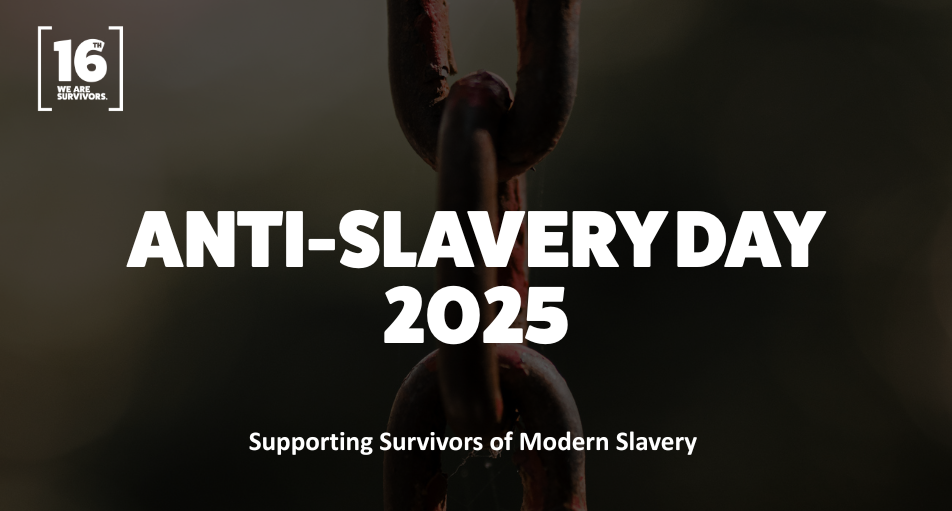
Anti-Slavery Day raises awareness that slavery still exists. It highlights the importance of education, prevention and action to combat these human rights violations. Anti-Slavery Day encourages individuals, communities and organisations to stand together in the fight for freedom and justice.
We are ensuring that our staff have access to materials to support them if they are concerned someone is experiencing modern slavery, or if they are supporting someone in the National Referral Mechanism. This is to make sure we feel comfortable when supporting with these issues, that we are remaining trauma-informed, that we are referring survivors to appropriate services and have a positive impact on survivor’s journeys.
Modern slavery refers to situations of exploitation where a person cannot refuse or leave due to threats, violence, coercion, deception or abuse of power.
Human trafficking is a form of modern slavery that involves the recruitment, transportation or harbouring of individuals through force, fraud or coercion for the purpose of exploitation.
While often hidden and underreported, research shows that many male survivors experience sexual harms within trafficking contexts – whether through direct sexual exploitation or as a means of control. Shame, fear of disbelief and lack of access to or awareness of support available can silence these men and boys.
A common form of modern slavery is sexual exploitation, where individuals are coerced into engaging in sexual acts – either in person or online – against their will. This exploitation often involves the manipulation or complete removal of consent through tactics such as grooming, blackmail or deception. In these situations, any appearance of agreement is not true consent, as it is obtained through control, pressure or fear, making it a clear violation of personal autonomy and human rights.
Criminal and labour exploitation are also common forms of modern slavery, where victims are forced to work or commit crimes through threats, violence or deception. Perpetrators may also use sexual violence as a tool of power and control (to intimidate, punish or humiliate) further trapping people in fear and dependence. This abuse reinforces dominance and makes it even harder for individuals to seek help or escape.
AI is increasingly used to facilitate modern slavery and sexual violence, making abuse easier to scale and harder to trace. Deepfakes and fake sexual images are often used in sextortion – where victims are blackmailed into compliance. This abuse strips away consent and mirrors the control seen in sexual exploitation and modern slavery.
Modern slavery can come in many forms. It can be hard to spot, and it’s often described as a crime hidden in plain sight, but here are some signs:
If you suspect someone may be being exploited, it’s important to act safely and responsibly – here are some Do’s and Don’ts:
By raising awareness of the use of sexual harms within modern slavery and by ensuring our organisation provides meaningful support to survivors on their healing journey, we aim to help break these cycles of exploitation. Together, we can shine a light on these hidden crimes and work toward a future where dignity, freedom and safety are a reality for all – and no one male survivor is left behind.









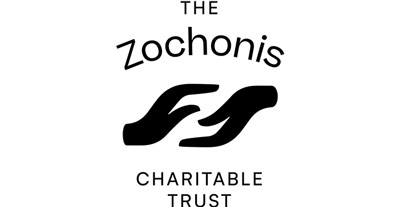
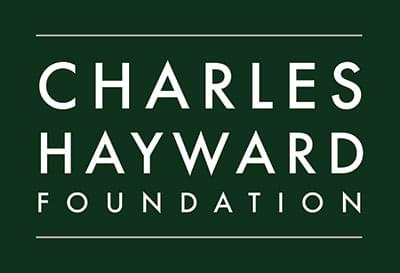
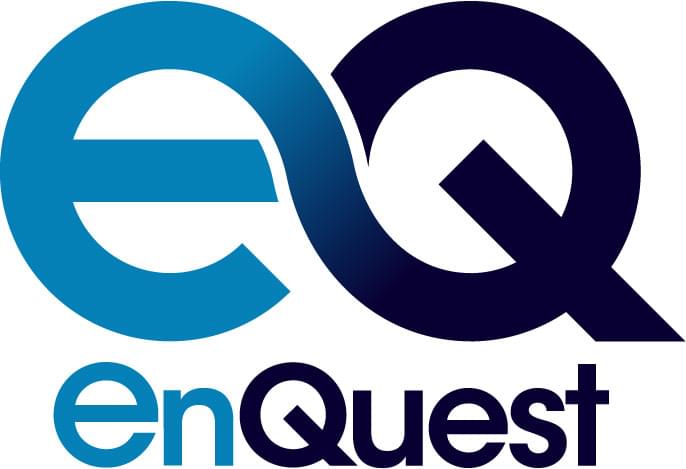
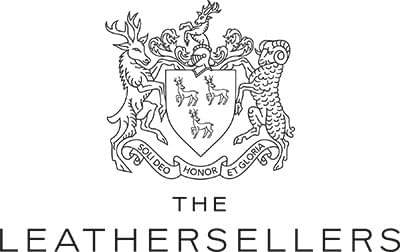
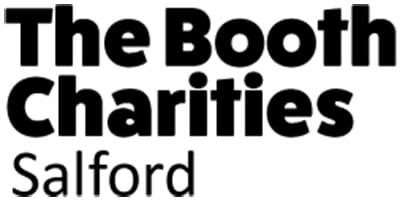
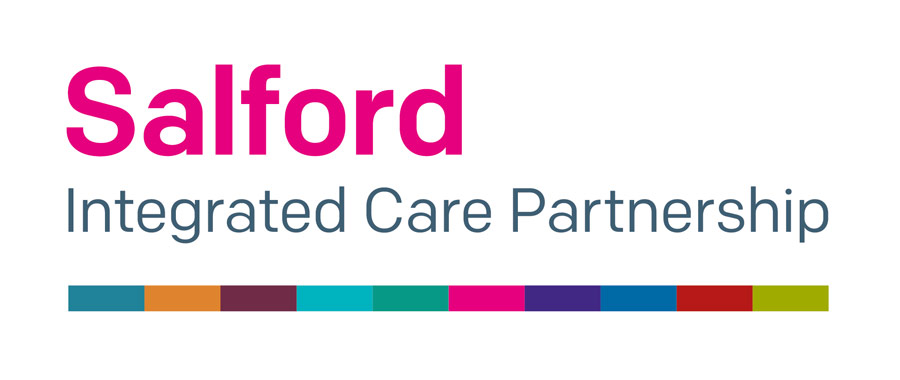

Helpline: 0808 800 5005
X